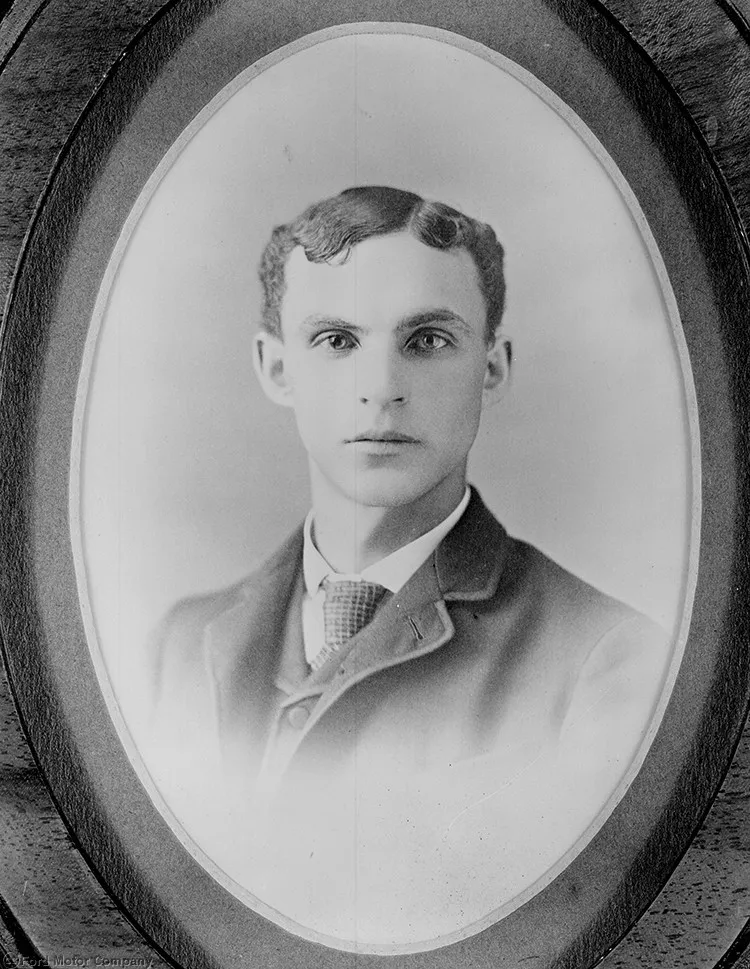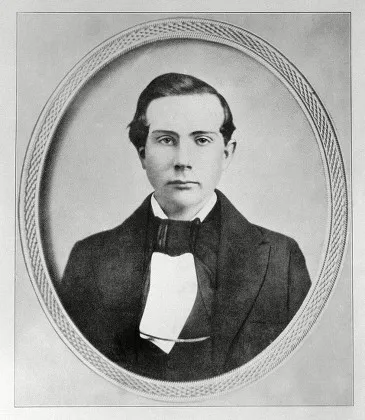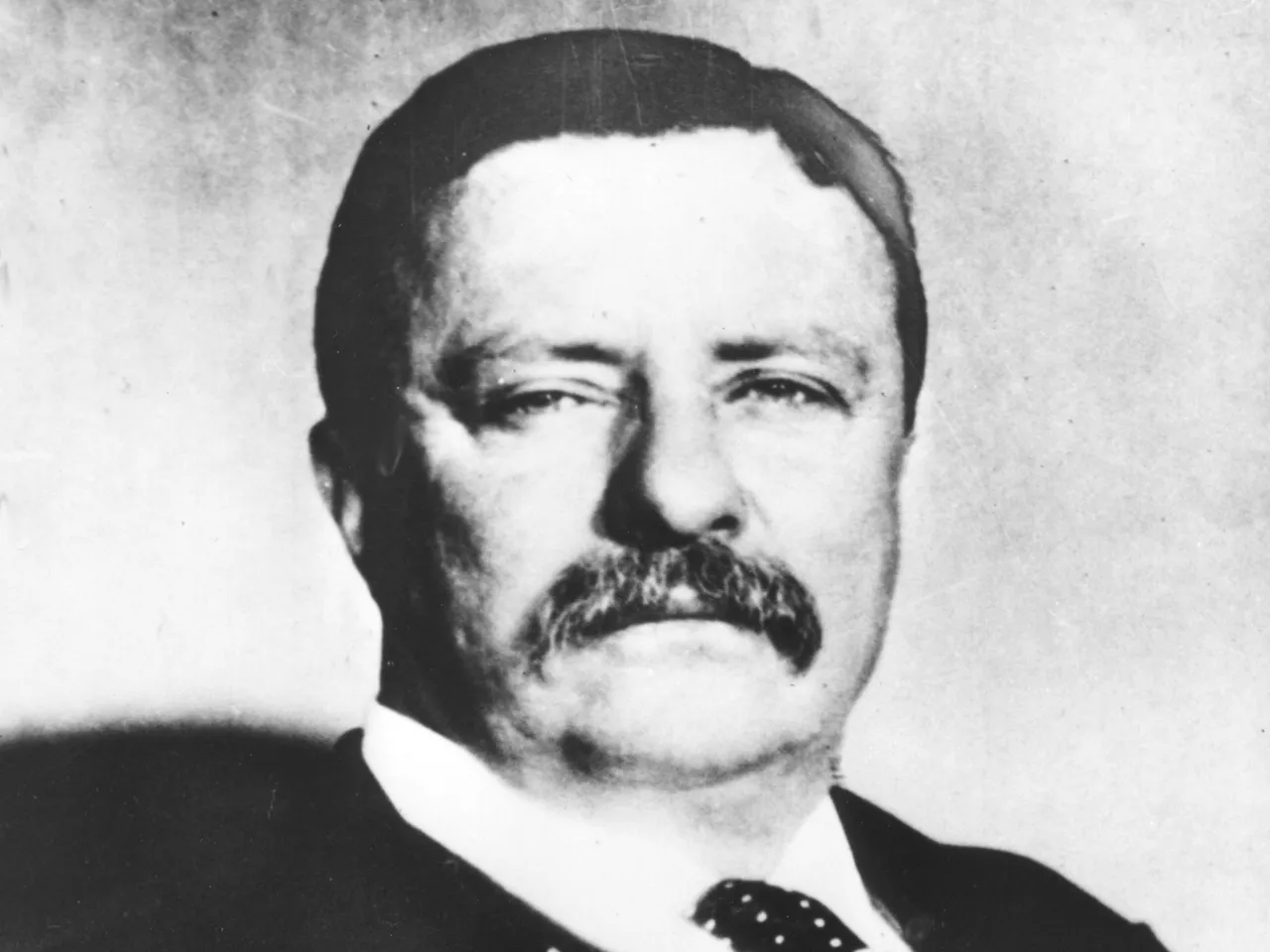Creation and Destruction
Creation
The episode that we watched today, "The New Machine" of the History Channel's "The Men Who Built America" specifically focuses on the downfall of the "old" way of doing business and the corresponding rise of the "new", "better" way of doing business. The old greedy barons of the worst of the Gilded Age give way to people-focused, good-natured entrepreneurs like Henry Ford, who so lovingly cared about his employees and customers unlike those old, greedy tyrants who preceded him.
We will cover this later, but first there is something to be said about the nearly true romanticized image of Ford. He did seem to care about people, communities, and his workers. He absolutely did bring about innovation in the form of a readily available, very cheap vehicle that would in turn beget industries surrounding gasoline, roads, highways, travel, transport, and whatnot else. He did take on a highly corrupt cartel. He did immense good.
But this is exactly what was happening with the businessmen that preceded him.

Destroying the Old Guard
The production particularly focuses on the ailing business "empires" of Rockefeller, Carnegie, and Morgan. Rockefeller in particular is given the spotlight as the unofficial head of this Old Guard. He is made the martyr of the old ways of business in U.S. v Standard Oil, where the Sherman Anti-Trust Act was flipped from fighting unions to destroying businesses considered monopolies. He is branded a cutthroat, salty devil for the way he conducted his business, constantly outperforming his competition and driving them to bankruptcy. This makes for a nice narrative and all, but we never consider the effects of the success of the Old Guard and normalcy of their actions.
When Rockefeller offered employment in refineries to Ohioans who had been relegated to the brutal toil of farm life for what looked like forever, they eagerly flocked to the refineries. Why? They weren't tricked or anything. Far from it, the workers saw the immense benefits of stable pay in a more controlled environment than farmland nearer to other people. The refineries then produced kerosene, which would allow one and all to have light past sundown. These benefits offered by Rockefeller made him very wealthy, moreso than his competition. He was certainly an aggressive entrepreneur, so he was easily able to knock out the majority of his competition. Note that this consolidation of the industry is not legitimate. If people do not like what Rockefeller offers, then he would quickly lose his business and be subjected to the mercy, or lack thereof, of his competition

An Unnatural End
A similar story exists for the other so-called monopolies. They too were subject to the same incentives and pressures and provided similar benefits. At any point in time, if consumers no longer wanted anything from them, they would have crashed and burned rather pitifully.
The Sherman Anti-Trust Act is not consumers deciding that they no longer want the product. Instead, the state, or more accurately, the first Progressives, decided that these enterprises posed too much a risk to the budding Progressive political power. As such, the Progressive-controlled state decided to battle private enterprise. Shockingly, in courtrooms owned by the state, judges that were paid by state ruled in favor of the state.
And so, political reality triumphed, and these enterprises came to an unnatural end.

Stunted Creation: Another Destruction
If these companies came to an unnatural end, then what is a natural end? Quite simply it is when consumers no longer value the business enough for the business to turn a profit. Being as we did not have this natural end, we lost value (that for once in this class has no moral conundrum associated with it).
What is this lost value if not destruction in another form?
Upsides?
Unlike our favorite form of destruction, the creative variety, this unnatural trustbusting has no creative upside that vastly outweighs the downside. We the consumer are merely left now with more business (that shouldn't exist) that provide less value (otherwise their predecessor would not have existed).
The consumer, and anyone involved with the preceding business, is just left screwed, plain and simple.